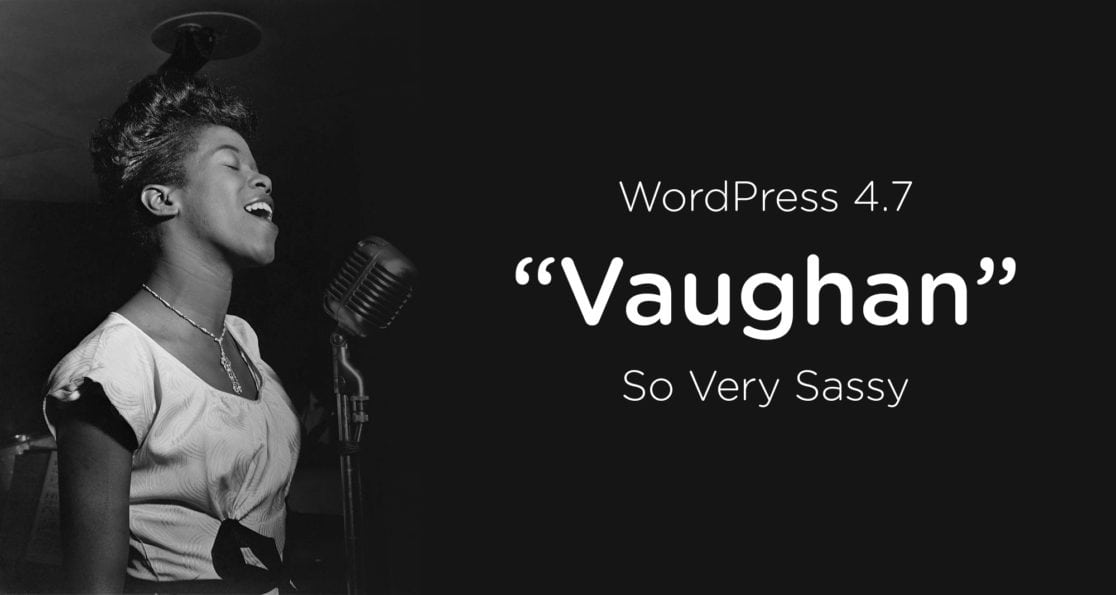What comes to your mind when you think of disruption or being a disruptor?
Some define it as coming up with a new product or different way of doing things.
Here’s how entrepreneurs and business owners define innovation and disruption;
#1- Shaking things up

Disruption is about breaking tradition and status quo, shaking things up and forcing people to look at something with fresh eyes. It can be scary, exciting, and unsettling but to innovate, grow and stay relevant today you must get comfortable with the concept or you will cease to exist. Disruption is reality. The only constant changes so get used to it!
Thanks to Paige Arnof-Fenn, Mavens & Moguls!
#2- Removing inefficiencies

Disruption is when, there exists an old way of doing things, which is inefficient and broken, yet accepted by the society largely owing to the old-school businesses or governments controlling this system. You remove those inefficiencies and give people something that they never thought was actually possible and in turn you suddenly amass a huge following making the existing methods of business completely obsolete in a very short duration while touching the lives of many people and creating an ecosystem of its own.
Thanks to Rishi Rais, Dignitas Digital Pvt. Ltd.!
#3- Thinking outside of the box

Disruption is based on shaking things up and being innovative. I encourage my team not to think on the ‘safe' side. Sure, there will be times when there isn't a positive outcome, but developing that mindset to think outside of the box is extremely important if you want your company to grow beyond the typical expectations. If you're looking for continued success, you have to be willing to take chances and encourage your team to do the same.
Thanks to Andrea Loubier, Mailbird!
#4- Jolting interruption

It’s what stops you in your tracks and directs you on a different path or introduces you to a new concept or idea. Disruption in the business world is vital to innovation as it pushes creative ideas forward to serve underserved markets sometimes even creating a new niche. It’s a characteristic products and services push for to position themselves as unique to gain market share. Disruption is what puts champions in their niche over the chasm of a product adoption curve to separate the first adopters from the majority making the product or service gain profitability.
Thanks to Leo Friedman, iPromo!
#5- Varies with the generation

As a generational expert, I've learned that different generations have almost opposing definitions of disruption. Older people typically think the word disruption is negative and means something like disrespectful non-compliance – i.e. they weren't supposed to disrupt a church service. But younger people tend to think of disruption in positive terms such as intervening in order to radically improve. Think of advances in technology – they constantly disrupt how we operate – but normally it results in making things better and faster.
Thanks to Cara Silletto, Crescendo Strategies!
#6- What you do to stay competitive

Shift happens and transition is constant. Disruption is a fact of life, and the death of companies who don’t change with the times. However, shift is not the only cause of dead and dying companies. New companies, technologies, social mores, laws and more also create constant disruption, which mean constant opportunities. The two most important and valuable ways to delay disruption and to become part of the disruption are: finding and always following your North Star of purpose—why your company was founded—and continually transforming into an ever better version of your company. So much is said and written about innovation but it is vastly overrated and underperforms. Innovation is what you do to stay competitive today, whereas transformation, which is irreversible, is what you do to stay competitive today, tomorrow and into the future. What you are today is not what you will be tomorrow and certainly not what you will need to be in order to stay competitive, current and part of the ongoing disruption called the marketplace and life. Seize the day!
Thanks to Whitney Vosburgh, Work The Future!
#7- Hack

We consider disruption synonymous with “hack”, which means to know a system so well that you can create something new and even better from it. It’s relatively easy to dream of disrupting industries, but it’s actually the case that the biggest disruption comes from expert insiders. For example, Einstein was a learned student of Newtonian Physics, which allowed him to make the breakthroughs that he did.
Thanks to Tasia Duske, Museum Hack!
#8- Effect created by business

Disruption is an effect that a business can make only in case it creates a demand that has never existed before. I see the word often used to describe an extremely successful business that introduces a whole new business model – but they usually just have innovative ways of serving already existing markets. Disruption means creating a new market by the innovation of a product or service. It comes as a result of a years-long effort, and in my opinion, not as a predefined goal of making a disruption in the market. An example of disruption is Skype. Before it existed, people weren’t counting on having efficient long-distance communication. With the creation of Skype, people have started having previously unimaginable connections with people all over the world. Many businesses have thrived because Skype enabled them to.
Thanks to Harsha Reddy, SmallBizGenius!
#9- Making life better

Disruption has been a trendy buzz word for the last 8-10 years thanks to Silicon Valley giants like Uber and Airbnb, but our country has been obsessed with disruption since the Industrial Revolution. Most people think disruption means “Out with the old. In with the new.” but it actually forces us to raise the question, “How can we make life better for everyone?”Yes, disruption is sometimes inconvenient because humans can be slow to change but disruption is usually intended to improve our quality of life. Innovation and the modernization of business have lead to the death of many outdated business models but thankfully, disruptive companies have birthed an unmeasurable amount of opportunity in business.
Thanks to William Griggs, Virtual Reality Rental.co!
#10- Unintentional force

Disruption is a newly introduced force that creates significant financial and social shifts in a market. One thing that people don't usually understand is that disruption is rarely intentional. If we look at some of the biggest market disruptors, like Netflix, you will see that they were introduced with the goal of providing a service for customers. Sometimes this takes several years to materialize as a disruption. Another thing that these disruptions have in common is that they are motivated my a mission, rather than quick money. In fact, the easiest, least risky, money usually comes from integrating yourself into an existing market, rather than rocking the boat.
Thanks to Eddie Johnson, Anabolic Bodies™!
#11- Developing something beyond innovation

In the past, we used to call it innovation, but as we need to create new buzzwords today we call disruption to any innovation. I think, though that we should use words carefully and say disruption only when we are developing something that is beyond innovation. Applying AI to our systems is innovation. Creating some process that no-one has ever tried before and that users really love or engage with, plus is beneficial for the business. That's disruption.
Thanks to Alberto Gil, Hockerty!











































 |
|